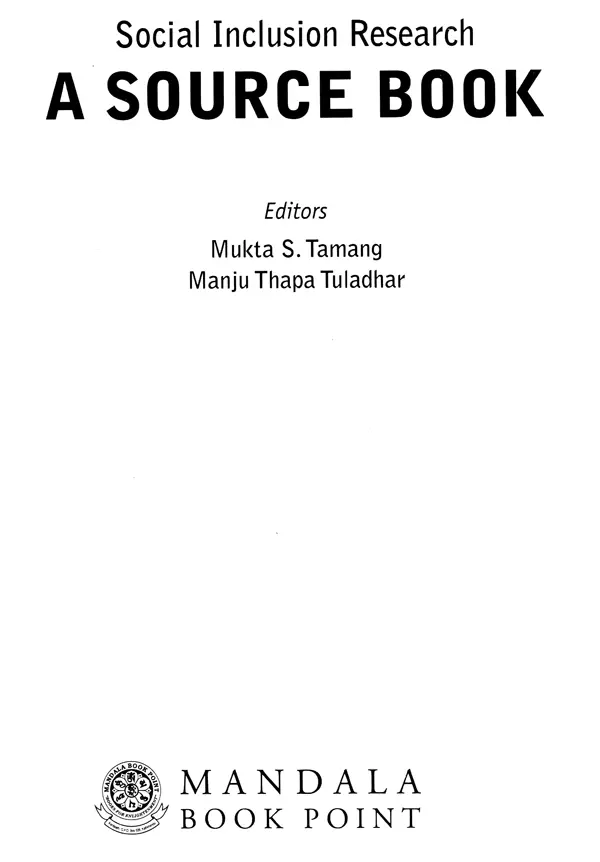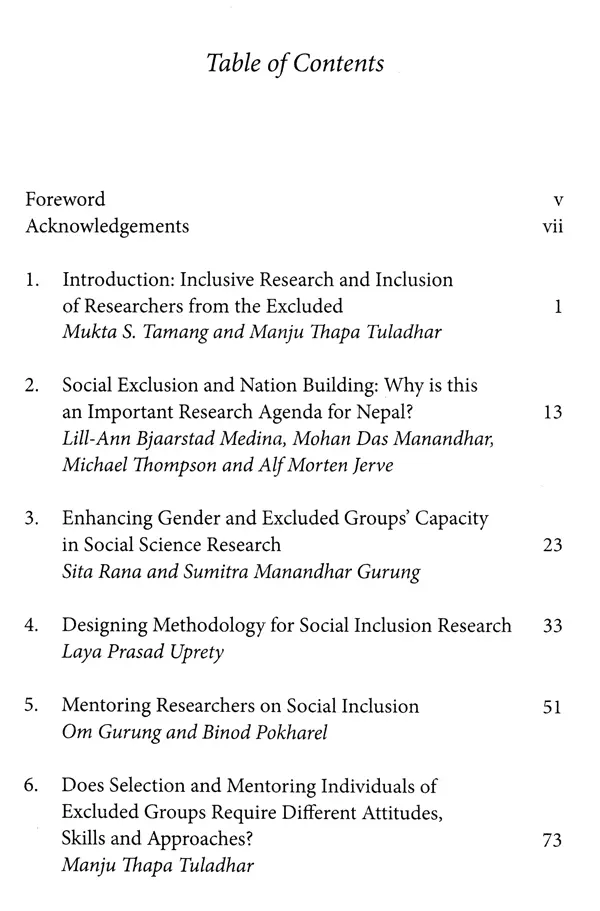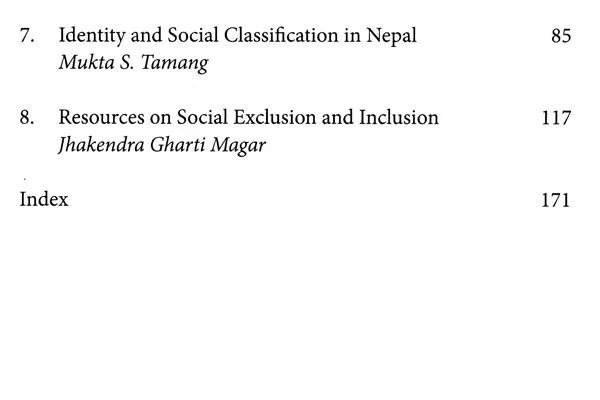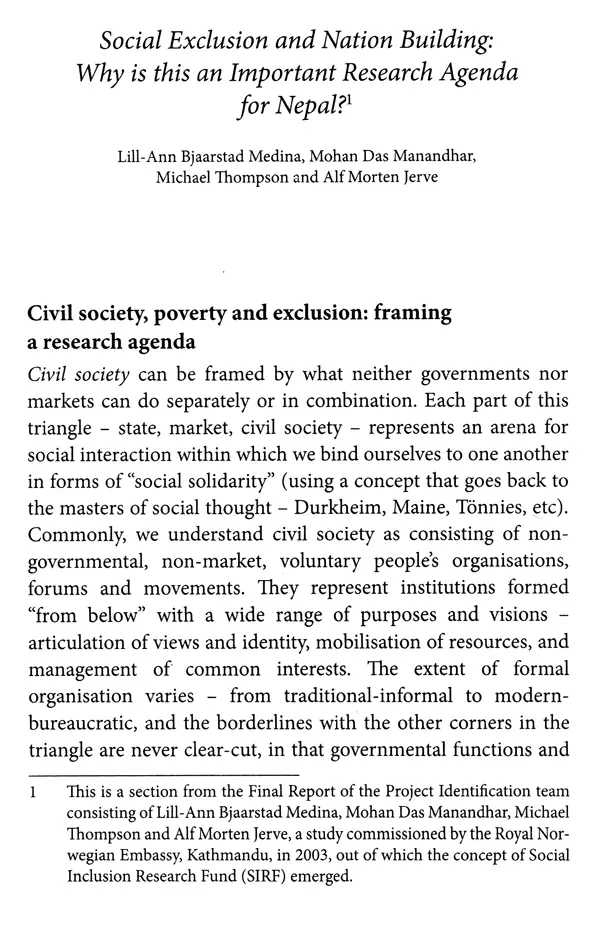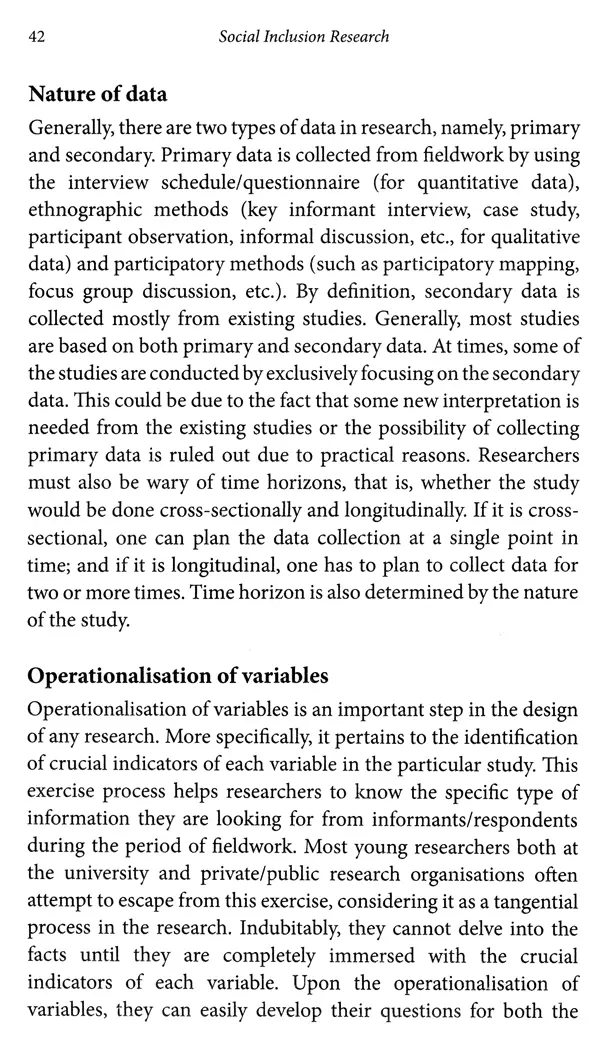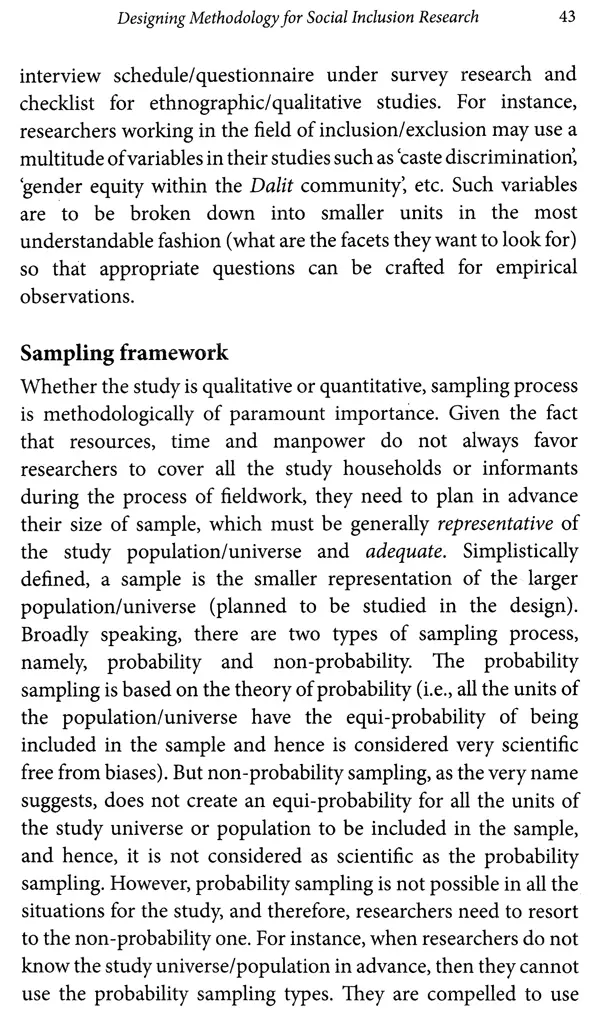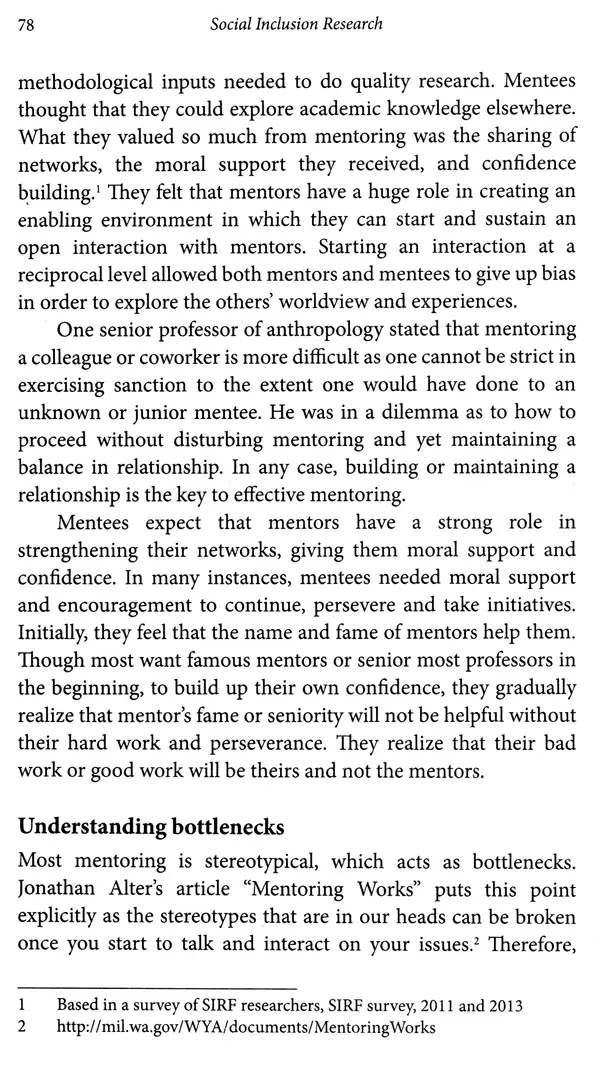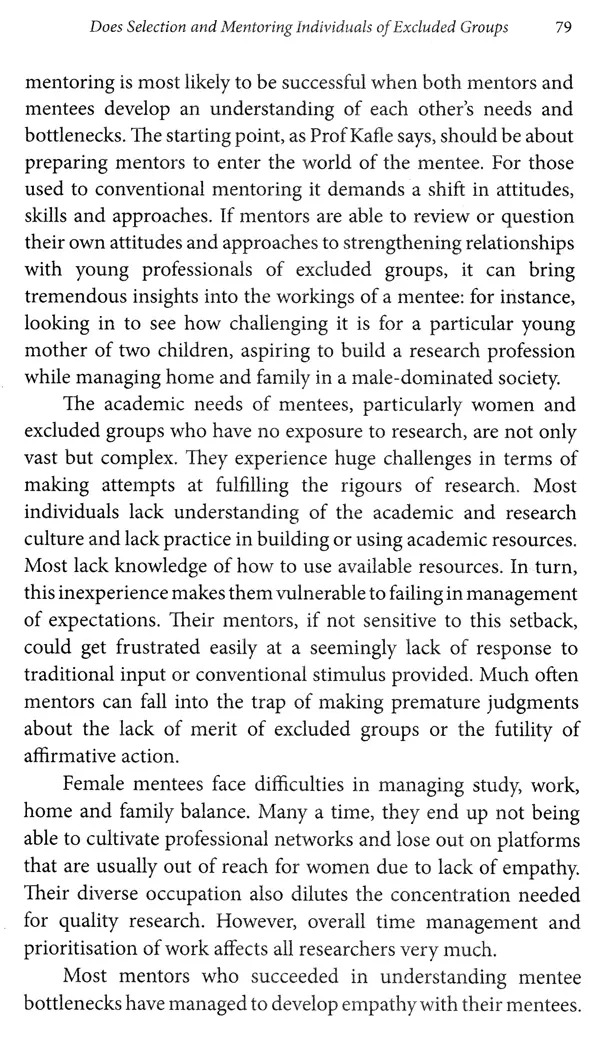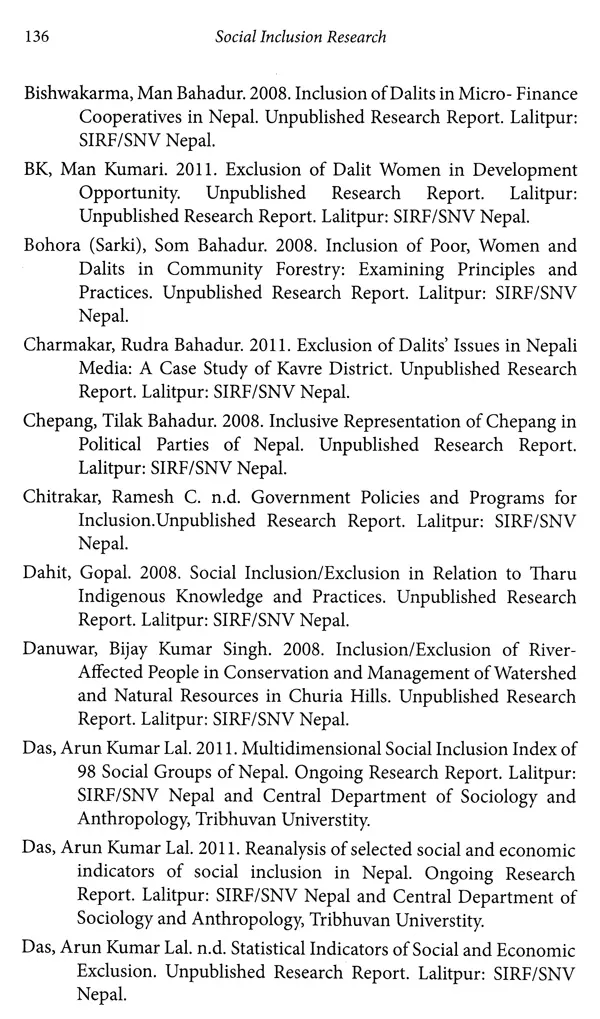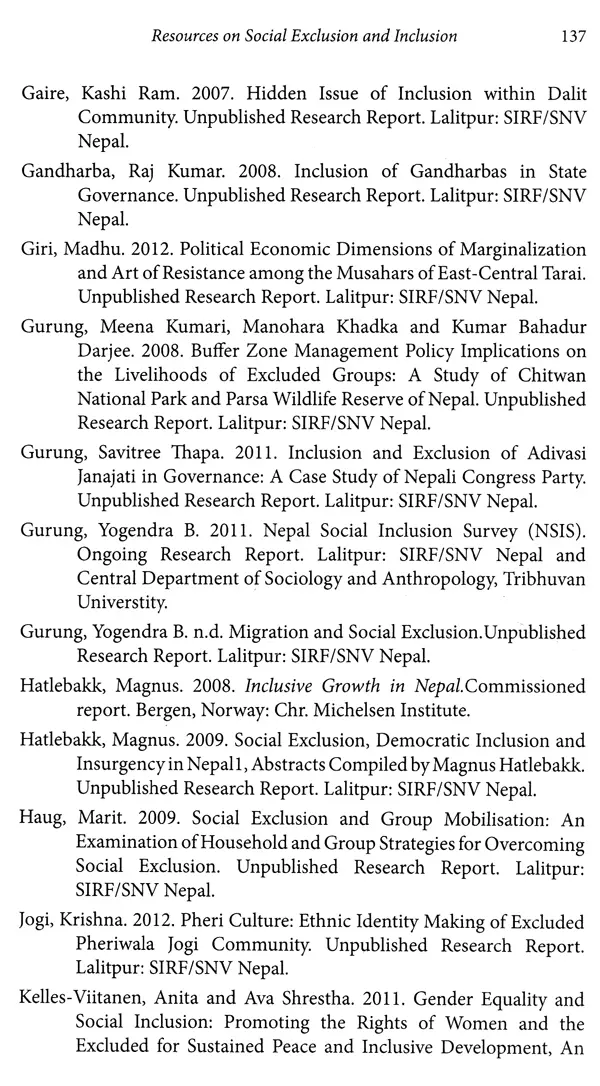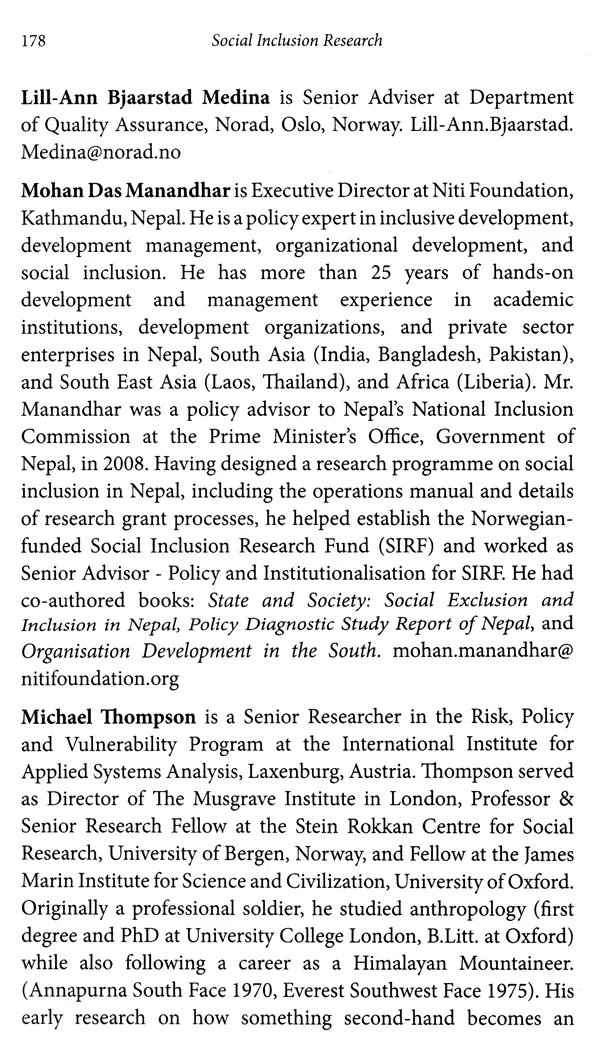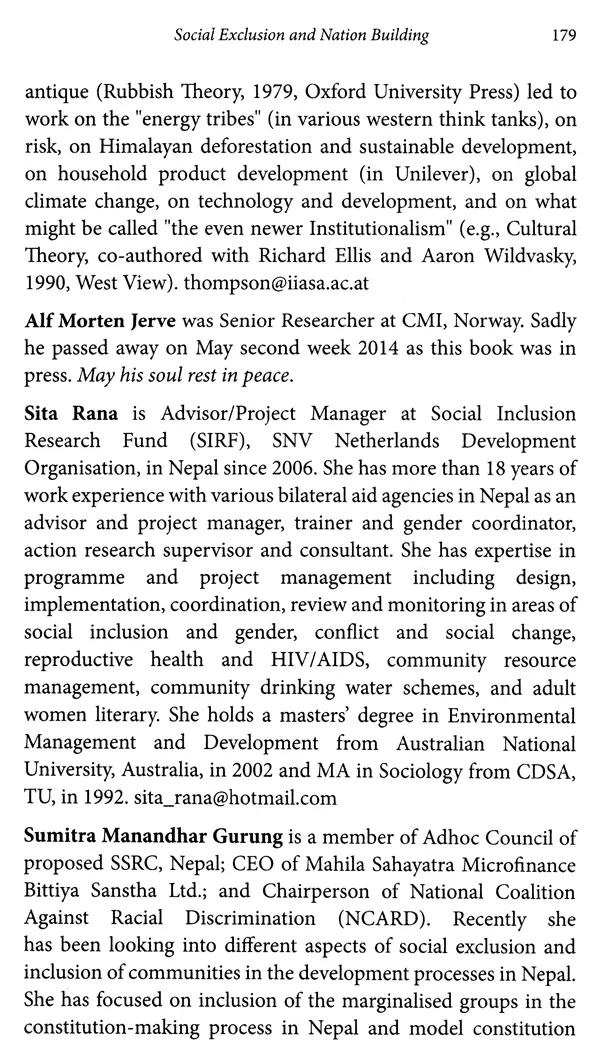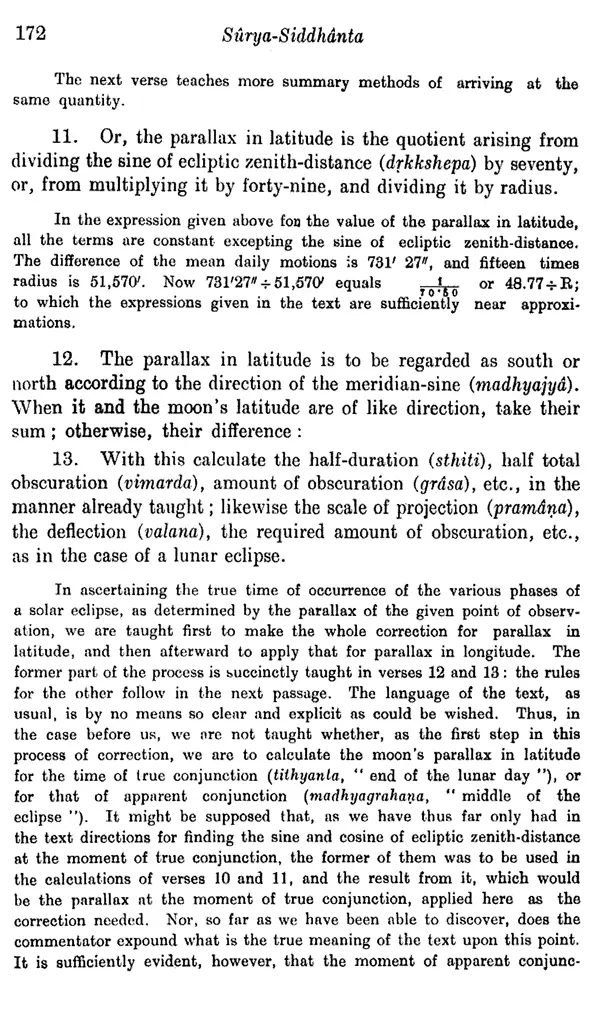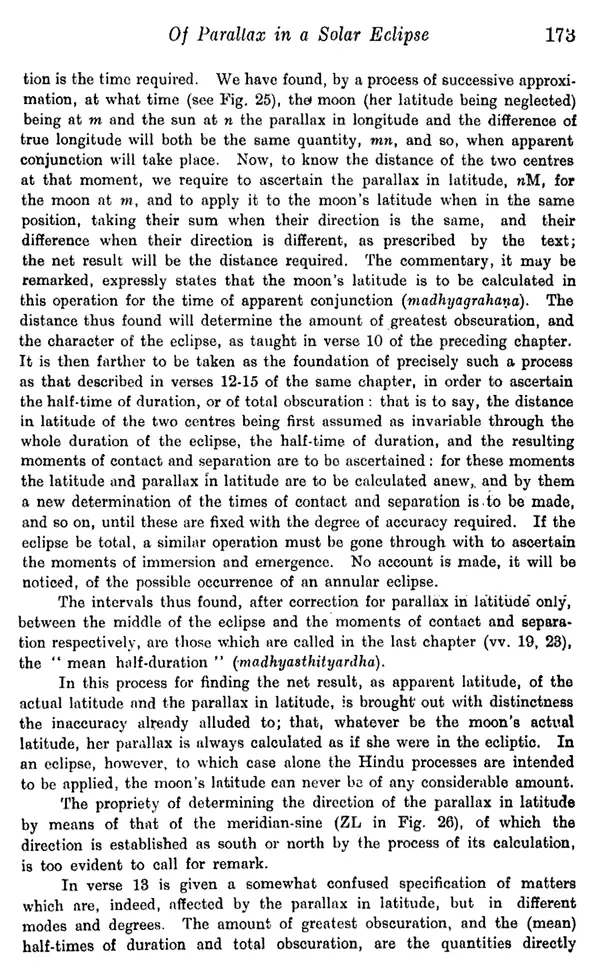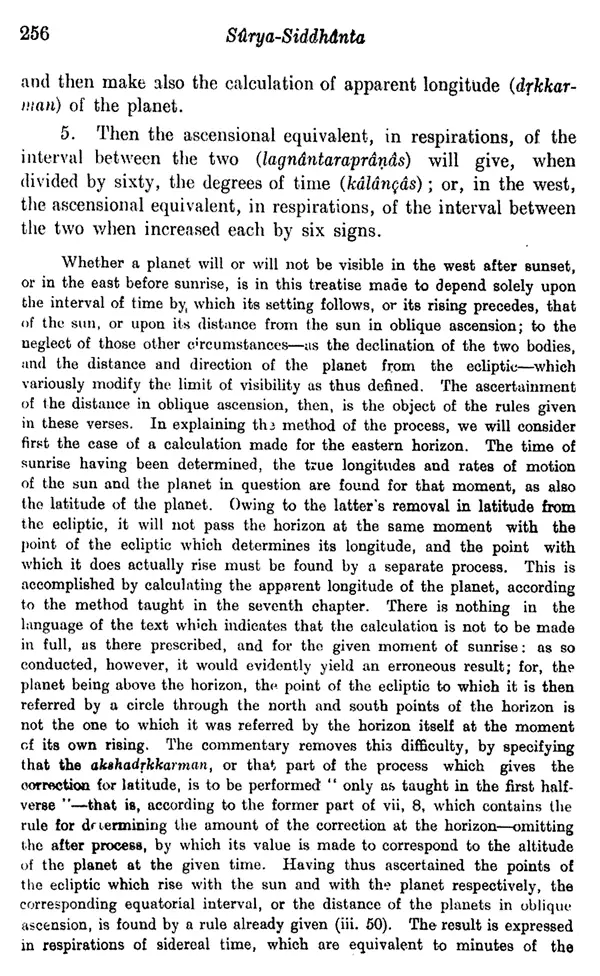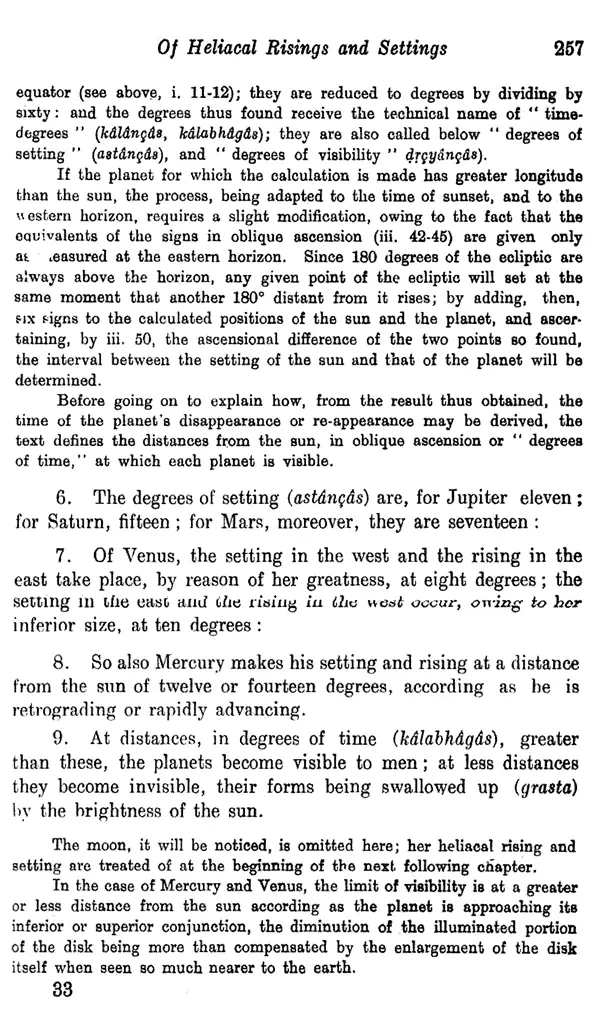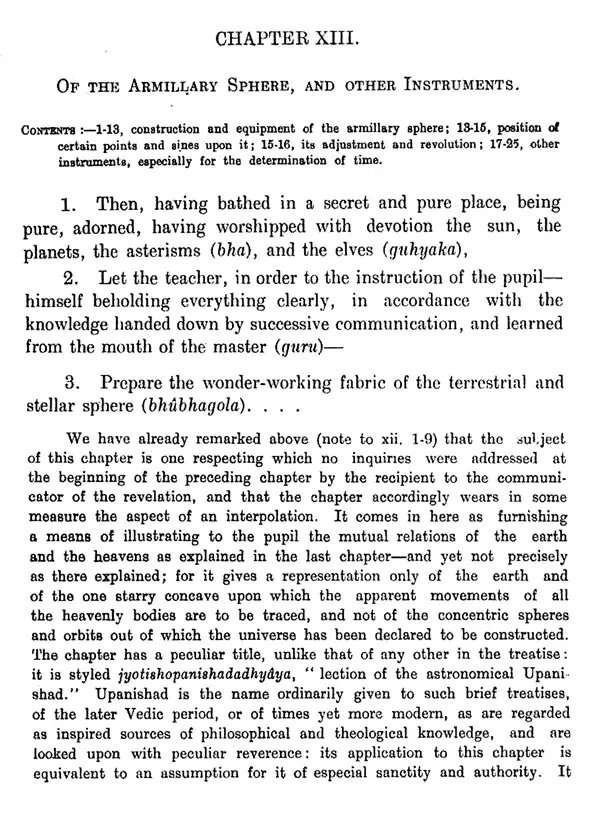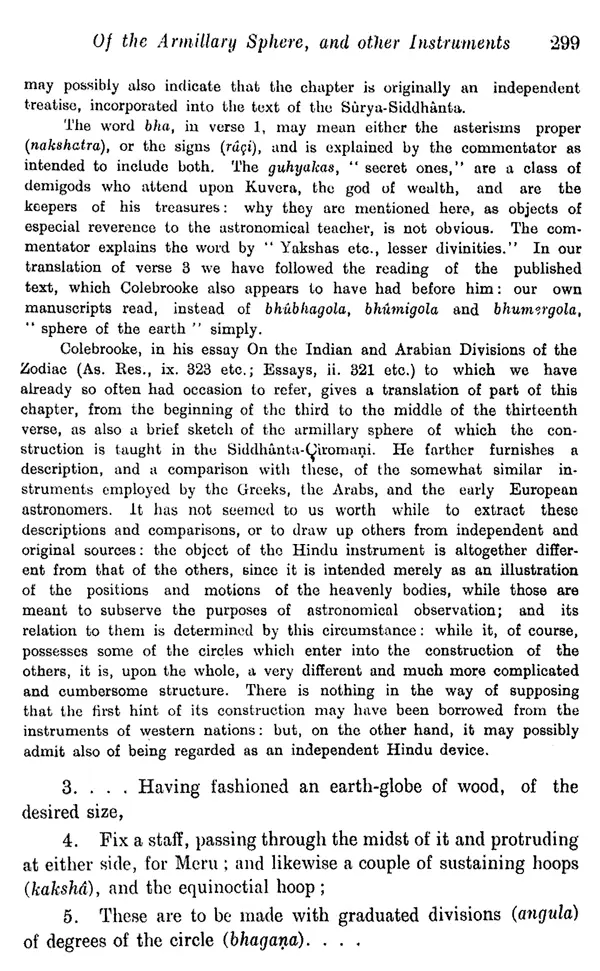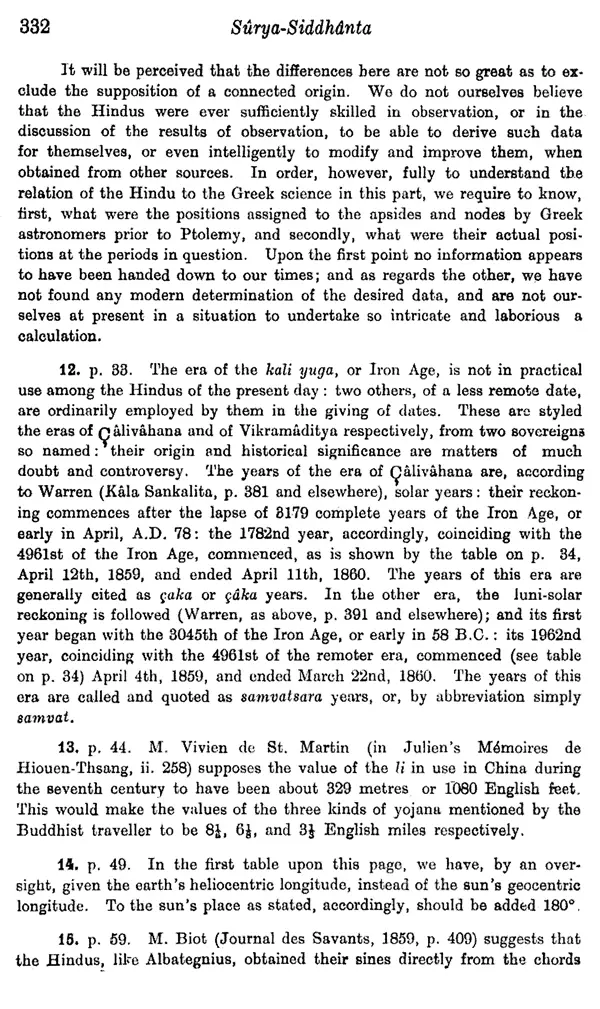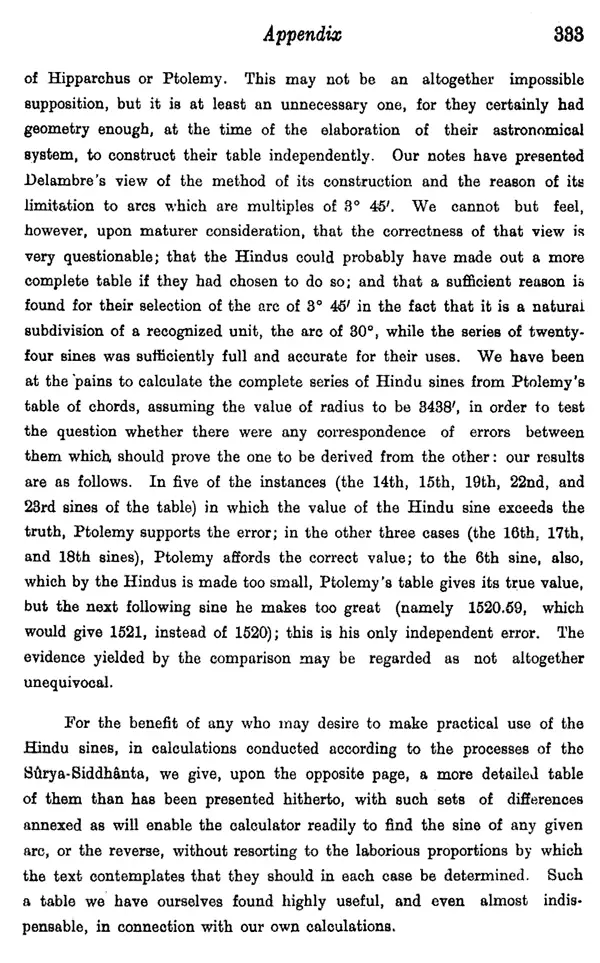
Social Inclusion Research A Source Book
Book Specification
| Item Code: | UAT758 |
| Author: | Mukta S. & Manju Thapa Tuladhar |
| Publisher: | Mandala Book Point, Nepal |
| Language: | English |
| Edition: | 2014 |
| ISBN: | 9789994655243 |
| Pages: | 191 |
| Cover: | PAPERBACK |
| Other Details | 8.50 X 5.50 inch |
| Weight | 230 gm |
Book Description
The Social Inclusion Research Fund (SIRF) was started in 2005 on the initiative of civil society of Nepal. The Royal Norwegian Embassy in Kathmandu and Government of Nepal welcomed this initiative as highly relevant. The government endorsed the formation of SIRF Screening Committee represented by civil society, international scholars and government agencies. SNV, Netherlands Development Organisation, Nepal, was entrusted with the task of managing the Fund, which has now a track record of having completed 303 individual researches and two major institutional research collaborations.
The Capacity Building Program was truly a joint collaboration with SAGUN and the Central Department of Sociology/ Anthropology, Tribhuvan University (CDSA,TU). SIRF Secretariat and the SAGUN capacity building programme team worked closely with the CDSA, TU, taking full advantage of the resources that each trainer, resource person, researcher and mentor have been able to bring into the individual researchers and their research project. SIRF Secretariat facilitated processes of capacity building programme design, making a public call for proposal, and a review and award of capacity building programme for individual researchers, primarily from excluded communities of Nepal. SIRF Screening Committee provided guidance in defining the strategic focus and priorities of capacity building programme, including social inclusion research seminar series, reading circle, and research supervision and mentoring.
Social inclusion is a value that we all normatively hold with high regard and esteem. Social inclusion is also an ideal that societies should pursue for social solidarity, intercultural harmony, mutual recognition and respect and peace. Research on social exclusion and inclusion is an essential part for generating knowledge about the state of affairs so that we understand the nature, extent and causes of social exclusion of the different groups and individuals and identify ways for promoting social inclusion. While the scholarly communities and policy bodies have paid considerable attention to research on social exclusion and inclusion in recent years, there is an astounding lack of interest among research professionals in looking at the issue of inclusion of researchers from the excluded communities. The question of in what ways diversity among the researchers contributes to the production of better knowledge and how we can promote researchers from the excluded communities are often left without a much needed discussion.
In this volume, we intend to offer discussions on why it is important to make the research body inclusive and ways to build capacity of researchers from excluded communities. We argue that making community of researchers inclusive is necessary not only for better social science and knowledge production that is relevant to excluded groups, but it is also essential for giving the disadvantaged community voice and thus for empowerment. It also contributes to the deepening of public debate and deliberative democracy by bringing multiple voices in dialogue for achieving social inclusion and hence need for building capacity. The contributions in this volume draw insights from the experience of working on social inclusion research with researchers from diverse social background. The opportunity made available by the Social Inclusion Research Fund (SIRF) in the last eight years to the Nepali social science researchers and experience of working with them in collaboration with various social science departments in Tribhuvan University, in particular, Central Department of Sociology/Anthropology for enhancing their competence, provide the primary context for generating such insights. The source book is expected to be helpful for university administration, research institutions, grant-making bodies as well as faculty who supervise the researchers, and the researchers themselves.
**Contents and Sample Pages**
